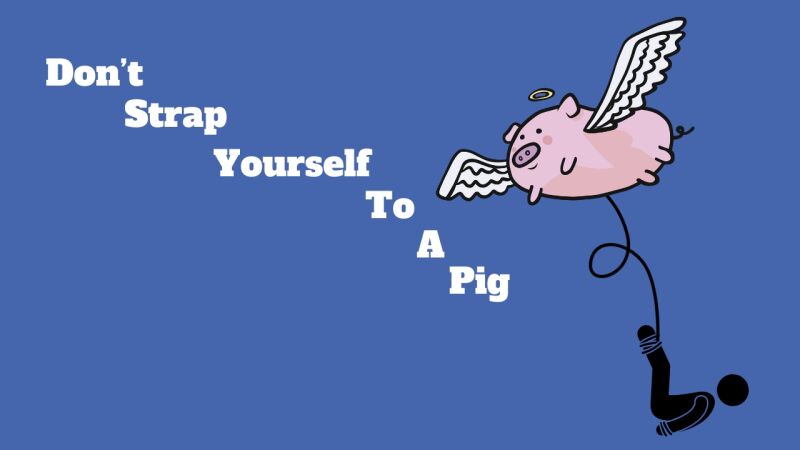22nd March 2025 | By Simon Duffy
The charms of authoritarian systems are real and democracy will need to change if it is going to survive.

We need hope. As human beings we cannot function without hope. We would strap ourselves to a pig if it gave us hope.
At the moment we are fixated by the image of Donald Trump. Many of us still cannot really believe that such a man could become President of the United States of America and arguably the most powerful man in the world. The language of hate, jingoism and imperialism that pours from his mouth seems ludicrous in the context of the normal rhetoric of Western Democracy. But Trump is not the problem, it is the hopelessness of Western Democracy which is the real problem. But this is a problem most of us do not want to talk about.
So much has changed in the past 50 years. In the 1970s politics was dominated by what seemed like a great ideological conflict of East and West:
There were still a small number of true believers in communism in the West, but the fall of the Berlin Wall in 1989 seemed a sign of hope and the victory of ‘Western values.’
But look around the world today. The great powers are the USA, China, Russia and (not far behind) India and Brasil. Many European countries are still very wealthy, but their populations are small and Europe is divided. On their own they look weak.
Does the old distinction between West and East still hold? Is the great ideological conflict of the 20th century a useful way of distinguishing these different countries? In particular what are we to make of the relatively successful economic model in China, whose state capitalist model has generated economic growth rates many times higher than those in Western countries and which is allowing China to become the most important overseas investor alongside the USA?
As we see the rise of this new model of authoritarian rule and capitalism in China and Russia we see a decline in support for the Western model. Since the 1970s we’ve seen growing inequality and relative economic stagnation across the West. In fact in the West families increasingly assume that the next generation’s economic situation will be worse than their own. Perhaps even more important factor is the growing economic insecurity. Even if you end up a little richer you will experience a much higher risk of poverty and a higher level of poverty than we did in the past. Social and economic progress has stalled and is now going backwards.
This helps us understand the charm of Trump.
In fact it is perhaps worth thinking about why people turn might turn to authoritarian figures when times are tough. Here are my 5 top reasons to support authoritarianism:
This list could be extended and I don’t think these reasons for supporting a Trump or a Putin are irrational, even if they are tragic and short-sighted.
I hope this doesn’t seem too glib.
I am genuinely afraid that we don’t understand our true historical situation. In the United Kingdom I see intelligent and well-meaning politicians totally at sea. They don’t seem to have the faintest grasp of how fragile things are for ordinary people. In the space of 15 years we’ve normalised insecurity, poverty, food banks, cuts to basic welfare services and hostility to immigrants and disabled people.
It is not because we cannot tackle these problems. There are many easy and affordable solutions. The problem is that there is no will for these solutions within the political class. If we ask why that is the case we find that the reason is that the political class largely works on behalf of financial interests and businesses who seek policies that are in their narrower interests, even when they are harming people and the planet.
To put it simply, the state must either control capitalism or capitalism will control the state.
The only way forward is to recognise that the demands of ordinary people have merit, but that we need a different type of democracy and a different kind of social and economic contract. We do not have to follow the path of China or Russia, but we cannot sit in the hollow and burning shell of the current Western model.
Several things will need to change:
This list could also be radically expanded. Yet all of this feels so far from the current mindset of the political class. So - besides dreaming of some politician who might come and save us from ourselves - what can we do?
Well one simple thing we can do is begin. In whatever small way that is possible we can begin to make changes in ourselves, in our attitude to others and in the world around us.
Plant a tree, hug a friend and dream, with others, of something much better than the terrible choices that the current world situation seems to be offering us.